Early Childhood Journalism Initiative Webinar Series
Rarely have children and families the world over faced so many colliding crises as during this protracted global pandemic. The challenges of Covid-19 are exacerbated by political and economic instability, social upheaval, persistent inequalities, and the harrowing effects of climate change.
Yet, while children represent close to a third of the world’s population, there is relatively little reporting that focuses on the issues that affect their lives, and those of their families.
As part of the Early Childhood Journalism Initiative, the Dart Center created a webinar series to help journalists think through some of the most urgent global issues and how to approach them through an early childhood lens. We spoke with high-profile scientists and journalists that have been working on these issues all over the world.
Webinar 4: Looking at the climate crisis through the eyes of young children
There is no topic more pressing than climate change. With world leaders and thousands of scholars, activists, business leaders, and journalists set to convene in Egypt for COP27, the United Nations meeting on climate change, looking at the issue through the lens of children is essential.
For our fourth public webinar of our Early Childhood Journalism Initiative we gathered an interdisciplinary panel of experts who discussed the issue of climate as it affects children around the world and examined strategies for drawing attention to this important, growing, and vulnerable population.
Check out the tip sheet from the webinar as well!
Moderator:
Irene Caselli, early childhood journalist
Panelists:
Dr. Robert Hughes, London School of Hygiene & Tropical Medicine (London)
Bhavreen Kandhari, co-founder Warrior Moms (Delhi) (You can read this piece by Bhavreen, “A newborn baby is effectively a smoker in Delhi”)
Katie Worth, Journalist (US) (Here is one of Katie's latest pieces for Scientific American: "Subverting Climate Science in the Classroom")
Bios:
Bhavreen Kandhari is a campaigner pushing for clean air in India and beyond. She is a co-founder of Warrior Moms, which brings mothers together across India to call for clean air for the sake of their children’s health. Bhavreen has spearheaded other public movements and campaigns in India to call for action on environmental justice issues, such as ‘My Right To Breathe’ and ‘Delhi Trees SOS’. Her campaigning is motivated by her twin daughters and her concerns about Delhi’s excessively polluted air.
Bhavreen is a recipient of the Climate Parent Fellowship, created by Our Kids' Climate and Parents For Future Global, which supports parent-led and intergenerational climate organizing. She represented the climate parent movement at COP26 as a part of a delegation of mothers calling on leaders to tackle air pollution and advance a just transition to life-saving clean energy. She will attend COP27 in the same capacity, focused on making sure that children’s health, futures and rights are central to discussions and negotiations.
Katie Worth tells stories about science, politics and their myriad intersections. She began her career as a beat reporter at the Pacific Daily News on Guam, and later worked as an enterprise reporter for the San Francisco Examiner. Her work has appeared in Scientific American, This American Life, National Geographic, Slate, Vice, The Wall Street Journal and The Best American Science and Nature Writing anthology.
Worth joined the Boston-based FRONTLINE team in 2015 and for the next six years worked on special investigative projects for the series, leading reporting endeavors in print, film, interactive media, audio and virtual reality. She held leadership roles in both FRONTLINE and WGBH’s diversity, equity and inclusion committees, efforts she considers essential to the future of journalism.
She is the author of the book Miseducation: How Climate Change is Taught in America, published in November 2021. You can follow her on Twitter!
Robert Hughes initially trained for and practiced clinical medicine (at Bristol University, and also including a BSc in Global Health from UCL). He then completed his Masters in Public Health at Harvard School of Public Health as a Kennedy Scholar. From there, he joined the UK Department for International Development (DFID - now the Foreign, Commonwealth and Development Office) as a Health/Nutrition Adviser, in a series of roles working in Pakistan, Yemen, Whitehall and then leading the UKAid human development programme in Zambia.
He subsequently joined the Children's Investment Fund Foundation (CIFF) in London as a Senior Fellow to lead development of their Early Childhood Development strategy and programming and supporting work to build linkages between global health and climate portfolios. In addition to his role at LSHTM, he has worked as a consultant to the Clean Air Fund (a philanthropic initiative with a mission to tackle air pollution around the world), Google X, the Conrad N. Hilton Foundation, WHO, and DFID.
Irene Caselli is a multimedia reporter and writer, with over 15 years of experience in radio, TV and print, now focusing on early childhood, reproductive rights, and carers. She is also a senior advisor for The Early Childhood Reporting Initiative at the Dart Center.
For a decade, Caselli was a foreign correspondent in Latin America, reporting for the BBC, The Washington Post, The Guardian, The New York Times and others. In 2019, she started covering early childhood for The Correspondent. In January 2021, she launched her own newsletter, The First 1,000 Days, where she continues her writing about the first 1,000 days, the foundational period of our lives that is too often overlooked. Caselli published a chapter in “Unbias the News,” a book about how to make journalism more diverse.
Caselli has been awarded fellowships by the International Women’s Media Foundation, the European Journalism Centre and the Solutions Journalism Network.
Webinar 3: Reporting on orphaned children and threats to family stability
During the Covid-19 pandemic, 10.5 million children worldwide lost a parent or caregiver, according to the latest estimates from Imperial College London. Mortality of parents and other caregivers was higher among Black and Latinx families in the US, and families living in poverty worldwide. Wars, the climate crisis and migration also threaten a child’s family dynamics, with many more children becoming orphans worldwide. In this panel, we looked at how losing a parent or caregiver can impact a child’s health and possible ways to protect them in the future. It fundamental to learn how to report more thoroughly on tough personal stories and hold governments accountable.
Check out the tip sheet from the webinar as well!
Panelists
- Charles H. Zeanah, Professor of Psychiatry & Pediatrics, Tulane University
- Lucero Ascarza, Peruvian journalist, Salud con Lupa
- Mythreyee Ramesh, Indian journalist, The Quint
- Moderator: Irene Caselli, early childhood journalist
Speaker Bios
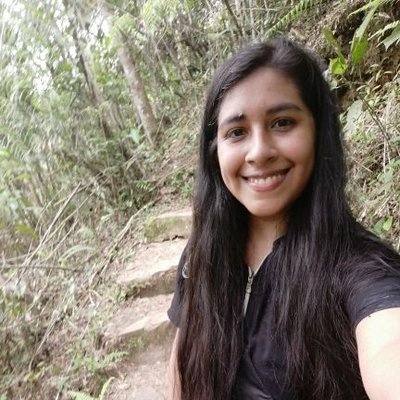
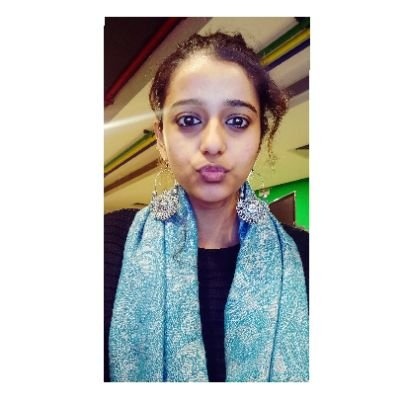
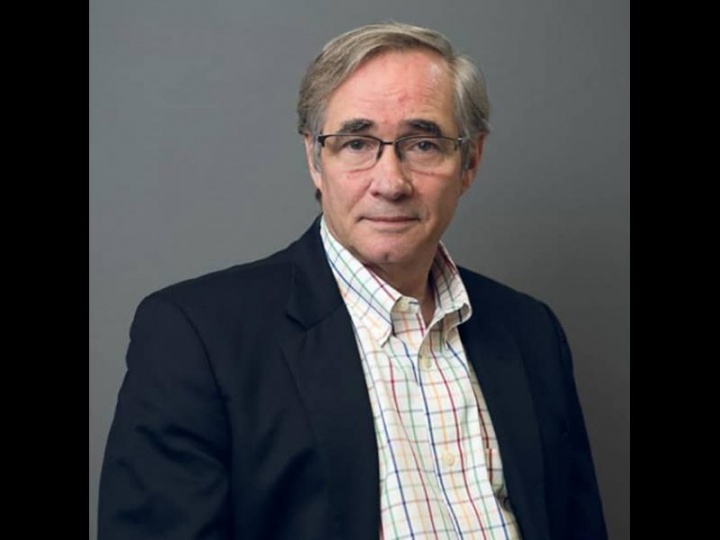
Throughout his career, he has studied the effects of adverse early experiences on development, including trauma, abuse and neglect. He also has studied interventions designed to enhance recovery following exposure to adverse experience and published widely on these topics. He is the editor of four editions of the Handbook of Infant Mental Health, and with Charles Nelson and Nathan Fox, the co-author of Romania’s Abandoned Children: Deprivation, Brain Development and the Struggle for Recovery. He chaired a Zero to Three Task Force that recently published the DC: 0-5, a diagnostic nosology for Early Childhood Disorders. He is a distinguished life fellow of both the American Academy of Child and Adolescent Psychiatry and the American Psychiatric Association.
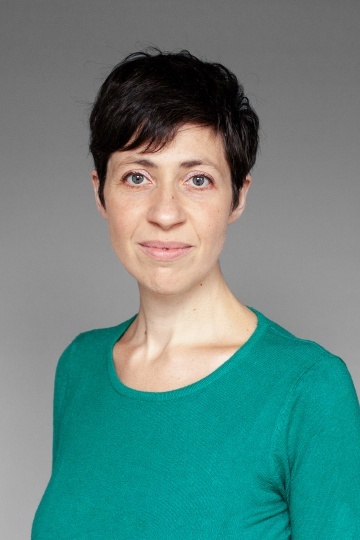
In January 2021, Caselli launched her own newsletter, The First 1,000 Days, where she continues her writing about the first 1,000 days, the foundational period of our lives that is too often overlooked.
Webinar 2: How Reporting on Children and Caregivers Can Improve Migration Coverage
Young children are the face of a historic crisis of refugees and migration. In the world there are some 82 million people who have been forced to leave their homes because of war, persecution, or the climate emergency. Of those refugees, asylum seekers and internally displaced people, 42% are children. Covering the impact of displacement and family separation is challenging for journalists worldwide who want to inform their reporting with knowledge of children’s early brain development, emotional and cognitive growth, while events develop fast. In this webinar, we look at some of the science that can help inform our reporting of the international migration crisis and talk to journalists who have had to face tough decisions during their everyday reporting.
Check out the tip sheet from the webinar as well!
Panelists
- Ismail Einashe, award-winning journalist and writer, Lost in Europe
- Sally Hayden, award-winning journalist and photographer, author ‘My Fourth Time, We Drowned’
- Luis H. Zayas, chair in mental health and social policy, UT Austin
- Moderator: Irene Caselli, early childhood journalist
Speaker Bios
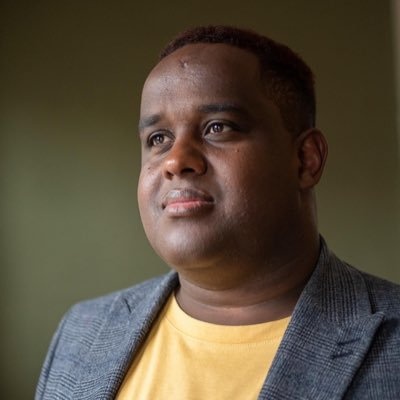
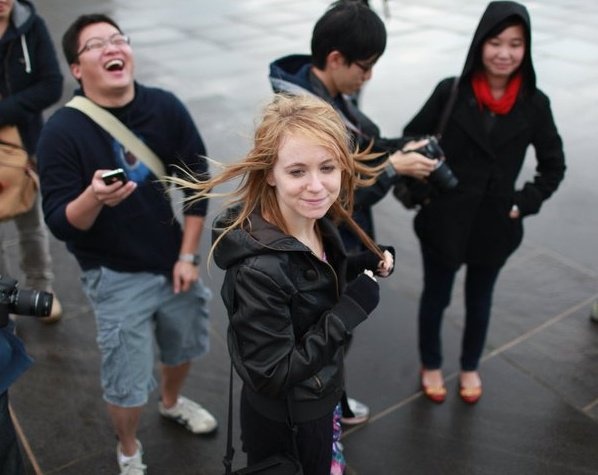
HEFAT certified, Sally has reported from countries including Nigeria, Iraq, Syria, Sudan, France, Germany, Belgium, Burkina Faso, Ireland, the UK, Lebanon, Jordan, DR Congo, Panama, Cambodia, the Gambia, Liberia, Hungary, Luxembourg, Ghana, Rwanda, Malawi, Ethiopia, Madagascar, the US, Italy, Malta, Kenya, Uganda, Somalia and Sierra Leone. Her writing has been translated into nine languages and she has appeared as a TV and radio guest. She is a member of the Frontline Freelance Register and Investigative Reporters and Editors.
Her first book, ‘My Fourth Time, We Drowned’, was published by HarperCollins, 4th Estate (UK) and Melville House (US) in March 2022.
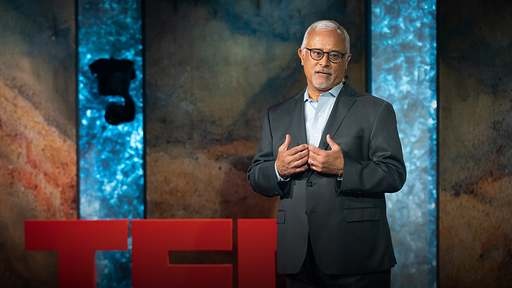
A native of Coamo, Puerto Rico, Zayas received his BA from Manhattan College in economics and liberal arts. He received an MS in social work and MA, MPhil, and PhD degrees in developmental psychology from Columbia University. Zayas remains an active practitioner today through his evaluations of immigrant children and families facing deportation, and refugee and asylum-seeking mothers and children held in immigration detention centers. His forthcoming book, Through Iceboxes and Kennels: How Immigration Detention Harms Children and Families (Oxford), is based on his clinical work and research with children who have been held in immigration detention centers.
Webinar I: Why we need to pay attention to the mental health of children and caregivers
Only 2% of government health budgets are allocated to mental health spending globally — there is a massive gap between mental health needs and mental health funding. The Covid-19 pandemic has made it especially clear that children and their caregivers need more support, especially in low- and lower middle-income countries. We know that mental health is intrinsically connected to a child’s environment: from the experiences of parents and caregivers, to the opportunities for play and connection with peers — and is influenced by war, poverty, disease and access to opportunities. In this discussion, the panelists examined what we know about mental health for children and their caregivers, and how we can better inform our reporting on early childhood.
Check out the tip sheet from the webinar as well!
Panelists
- Tanmoy Goswami, mental health journalist and founder, Sanity by Tanmoy, India
- Chandra Ghosh Ippen, child trauma psychologist and associate director, Child Trauma Research Program at University of California, San Francisco, USA
- Anya Kamenetz, education reporter, NPR, USA
- Moderator: Irene Caselli, early childhood journalist, Greece
Speaker Bios
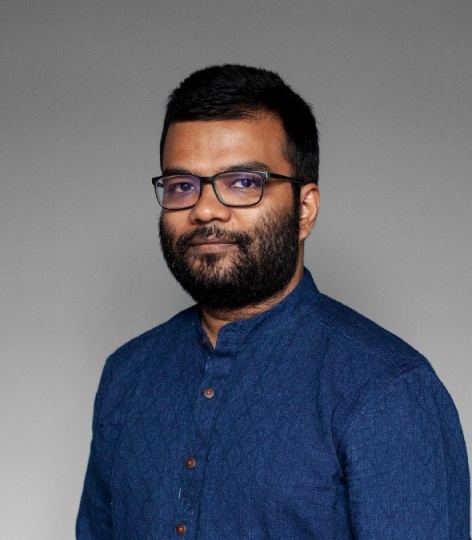
Before starting out as an independent creator, Goswami was a contributor at The Correspondent; associate editor at ET Prime, the subscription-based news venture of India's largest business newspaper The Economics Times; and head of the desk at Fortune magazine's Indian edition. Tanmoy has coauthored a paper on suicide prevention for The Lancet Psychiatry and contributed a chapter to a book on leadership lessons from the coronavirus pandemic (Routledge UK, 2021). He lives in New Delhi.
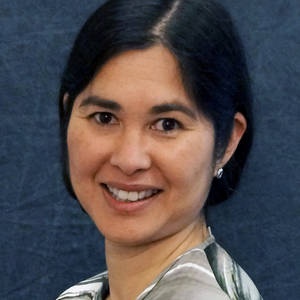
She is also an award-winning children’s book author and has written 5 children’s books to support families who have experienced stress and trauma as well as the free Trinka and Sam disaster series, which has been translated and distributed around the world.
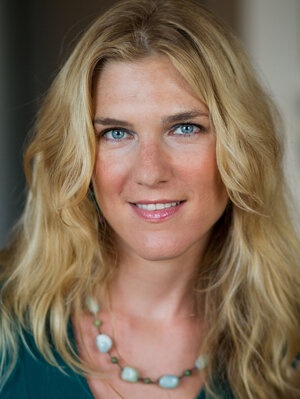
Kamenetz is the author of several books. Her latest is The Stolen Year: How Covid Changed Children’s Lives, And Where We Go Now. Her previous books touched on student loans, innovations to address cost, quality, and access in higher education, and issues of assessment and excellence: Generation Debt; DIY U: Edupunks, Edupreneurs, and the Coming Transformation of Higher Education, and The Test.